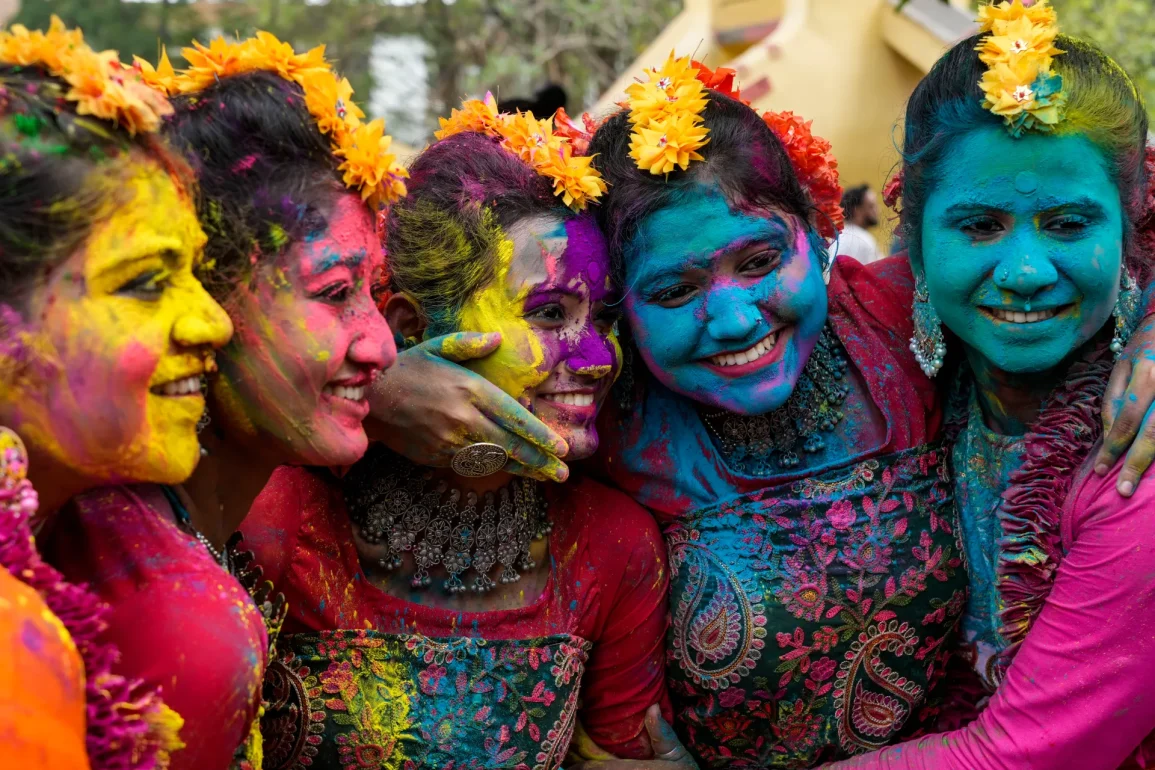Holi, the festival of colors, is a spectacle like no other. For two days in a row, the streets of India transform into a kaleidoscope of vibrant hues as people come together to rejoice in the arrival of spring. But Holi is more than just a colorful celebration; it’s a deeply rooted festival that holds immense significance in Indian culture. In this article, we’ll go into the history, symbolism, and importance of Holi, exploring why this festival is an integral part of India’s rich cultural heritage.
A Festival of Colors and Celebration
Holi, also known as the festival of colors, is celebrated on the full moon day of the Hindu month of Phalguna, marking the beginning of spring. The festival has a rich history dating back to ancient India, where it was celebrated as a harvest festival to mark the end of winter. Over time, Holi evolved to become a celebration of the victory of good over evil, as depicted in the legend of Hiranyakashyap and Prahlad, a story that is central to Hindu mythology.
Symbolism and Significance
At its core, Holi is a celebration of life, love, and joy. The festival is symbolic of the triumph of light over darkness, good over evil, and the cyclical nature of life. The colors used during the festival hold deeper meaning, with red signifying love and energy, yellow symbolizing knowledge and wisdom, and green representing nature and growth. The application of colors, or ‘gulaal,’ is a symbol of the impermanence of life, as it is washed away by the rains, reminding us to let go of our attachments and ego.
A Time for Family and Community
Holi is a time when families and friends come together to celebrate the arrival of spring. The festival is marked by the traditional ‘Holi milan’ or meeting, where people gather to exchange warm greetings, gifts, and, of course, gulal. The festival is also a time for rejuvenation, as people indulge in delicious treats, such as gujiyas and thandai, and immerse themselves in the vibrant atmosphere.
Holi is a festival that is deeply ingrained in Indian culture, symbolizing the triumph of good over evil, the cyclical nature of life, and the importance of family and community. As we celebrate the festival of colors, let us not forget the rich history and symbolism behind it. Whether you’re an Indian or simply a lover of vibrant festivals, Holi is an celebration that has something to offer everyone. So, put on your colors, spread joy, and let the spirit of Holi sweep you away!


